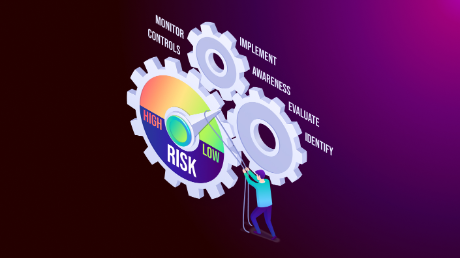
The future of banking is being shaped not inside traditional branches, but within the digital ecosystems where customers already spend their time. Two of the most powerful forces driving this shift are embedded payments and artificial intelligence (AI). Together, they are redefining the way banks engage with clients, improve user experience (UX), and unlock new revenue opportunities in partnership with fintech innovators.
Embedded payments allow financial services to move seamlessly into apps, platforms, and digital environments without requiring customers to leave the experience they are in. From one-click checkouts on e-commerce sites to ride-hailing apps that automatically process fares, embedded finance eliminates friction and makes payments almost invisible. For banks, this means less reliance on their own branded channels but greater reach into the daily lives of customers. By working with fintech partners, banks can integrate their payment rails directly into the platforms where users already transact, keeping banking services relevant and accessible.
Meanwhile, AI is transforming customer engagement. Banks are increasingly deploying AI-driven personalization to recommend products, predict user needs, and enhance security with real-time fraud detection. Conversational AI and chatbots provide 24/7 support, while machine learning models streamline credit scoring, loan approvals, and wealth management advice. The result is a smarter, more intuitive user journey where financial services adapt dynamically to individual behavior.
The synergy of embedded payments and AI is particularly powerful. Imagine a retail platform that not only processes payments invisibly but also uses AI to offer customers tailored financial products—such as installment loans, insurance, or investment options—at the point of purchase. For banks, this creates opportunities to expand revenue streams while deepening relationships with clients who may no longer interact through physical branches.
However, the shift comes with challenges. Banks must ensure data privacy, regulatory compliance, and cybersecurity resilience in environments where financial services are deeply intertwined with non-bank platforms. Collaboration with fintechs can accelerate innovation, but it also raises questions about brand visibility and long-term competitive positioning.
What’s clear is that banks that embrace embedded finance and AI-driven personalization will be better positioned to thrive in the digital economy. By focusing on frictionless UX and harnessing fintech partnerships for growth, they can transform financial services from a destination into an integrated layer of everyday life.
Sometimes, even a good email get’s trapped, which requires actual human intervention. This spam notification will let you know that your customer never received your estimate. Ensure to reach out to your customer and ask them to add happening.

Jessica Wright
Junior Editorial
Email: jessica.wright@theempiretimes.org
All stories by : Jessica Wright



















3 Comments
Ruth M. Reed
August 29, 2025 at 8:24 pmClear and timely analysis—this really helps make sense of recent market movements.
ReplyPhillip C. Baker
July 21, 2025 at 10:44 pmImpressive to see how much Big Tech is investing in R&D this year. 2025’s shaping up to be a turning point.
ReplySarah T. Coleman
July 11, 2025 at 14:44 pmGreat coverage on U.S. AI policy—finally some clarity for global investors.
Reply